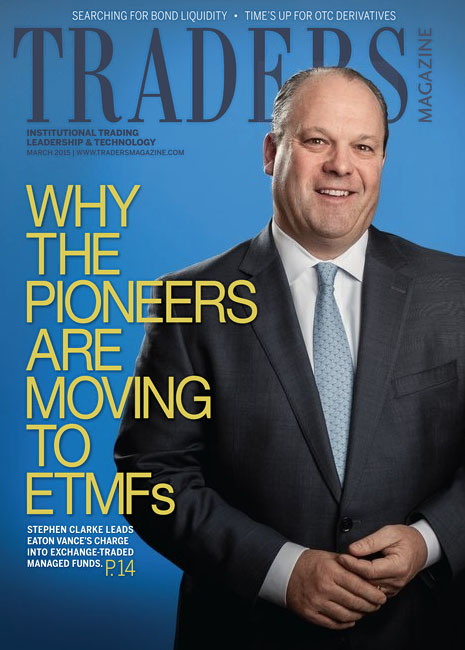
BrokerDealer.com blog update is courtesy of reporting by InvestmentNews.com and profiles deal between RIA titan Envestnet and mutual fund king Eaton Vance, which is now approved to promote its novel, actively-managed ETF product “NextShares.” NextShares are exchange-traded funds that are both actively managed and unlike any other ETF product, does not disclose the underlying components of the respective ETFs. These products now go by the acronym “ETMF”
Since its approval, Eaton Vance has had to work hard to convince competitive money managers to license its patent and persuade broker-dealers that it is in their interest to make NextShares available to advisers even though the funds don’t offer the same underlying fees to encourage distributors. Eaton Vance’s NextShares-promoting subsidiary, Navigate Fund Solutions, has had to make that case before it even has a product on the market or a distribution partner.
BrokerDealer.com provides a global directory of regulated securities professionals operating in 30 major countries across the free world.
The deal is a big win for Eaton Vance, an actively managed mutual fund company that’s hoping to replace those products with a potentially more tax-efficient vehicle that could lower costs and improve performance for investors. Envestnet is a major gatekeeper in the fast-growing market of independent financial advisers, providing services for over $700 billion in client assets.
In a statement, an Envestnet executive, Jim Patrick, described NextShares as a “groundbreaking fund structure” and said the company sees offering the funds as part of its mission to help advisers deliver “wealth management services in the most cost- and tax-efficient way possible.”
ONLY APPROVED PRODUCT
NextShares was the first and remains the only structure approved by the Securities and Exchange Commission that allows an actively managed open-end fund to trade on exchanges without regularly disclosing its holdings. Portfolio managers resist showing the securities they buy and sell, in part to prevent being taken advantage of by competitors.
Index funds don’t face similar restrictions. Those passive products have dominated the fast-growing $3 trillion global market for exchange-traded funds.
For the full story from InvestmentNews.com, please click here.



